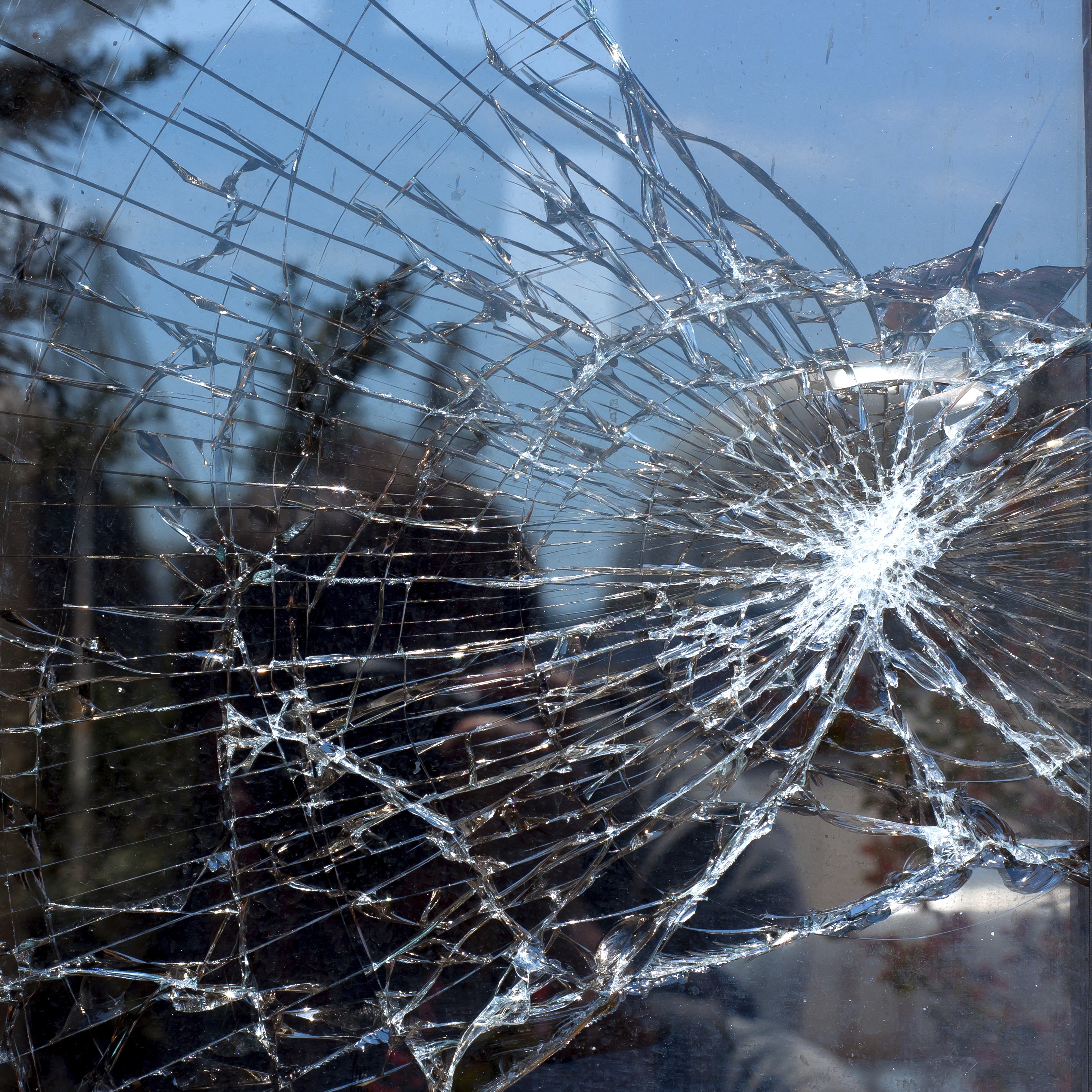
A good reputation is a fragile thing, whether a person’s or a company’s. And, like beauty, a good reputation is often in the eye of the beholder.
Corporate reputations take time to build but can be severely damaged in the equivalent of a heartbeat. Sometimes a company’s reputation rises or falls depending on the political climate at the time that a research study is done. This could well be one of those times, at least as far as some firms are concerned.
In a Harris Poll released earlier this month, more than 23,000 Americans were polled on companies’ reputations. Those surveyed were asked for their perceptions of the 100 most visible companies to U.S. consumers on each of six categories: social responsibility; emotional appeal; products and services; vision and leadership; financial performance; and workplace environment. The best possible score is 100.
According to Harris the biggest risks to corporate reputation are intentional wrongdoing or illegal actions by corporate leaders (cited by 85% of Americans), lying or misinterpreting the facts about a product or service (83%) and intentional misuse of financial information for financial gain (82%). Other risks to reputation damage include security or data breaches (74%), unfair workplace conditions and culture (67%), workplace discrimination (65%), product recall due to contamination (65%) and poor leadership conduct (64%).
Wendy Salomon, a Harris Poll executive, noted:
Incidents that introduce reputational risk are not created equal. Some crises that we’ve seen play out in the past few years cut at the core of what the public sees as most damaging, while other situations aren’t such a big deal. Reputation managers often face great internal and external pressures to respond, so the more they can understand the scale of response that makes sense the better.
The 10 companies that scored worst in the Harris Poll are all now household names in the United States, even though at least one was virtually unheard of until 2016. Here’s the list, along with the reputation quotient (RQ) score.
1. Takata
> RQ: 48.70
The company has been forced to recall millions of automobile airbags from 19 automakers because some of the airbags could inflate explosively causing injury or even death to the car’s occupants. The Japan-based company knew of the problem long before filing required regulatory notice. So far, 11 deaths and 180 injuries in the United States have been attributed to the faulty airbags. This is Takata’s first year on the Harris list, and it was an inauspicious debut to say the least.
2. Wells Fargo
> RQ: 49.11
Beginning in 2011, bank employees created more than 2 million phony accounts to meet company sales quotas. The accounts generated unearned fees for the bank and unearned bonuses for the employees. Wells Fargo & Co. (NYSE: WFC) fired 5,300 employees over the past few years and recently fired four executives it said were involved in the scandal. Wells Fargo’s 20.6 decline in RQ since 2015 is the biggest one-year drop in the 18-year history of the Harris study.
3. Goldman Sachs
> RQ: 56.32
The investment bank figured prominently in the political conversations of 2016, and not all the comments about Goldman Sachs Group Inc. (NYSE: GS) were positive.
4. Monsanto
> RQ: 56.61
Monsanto Co. (NYSE: MON) has taken a lot of heat in recent years related to its genetically modified seeds and the environmental impact of several of its products.
5. Halliburton
> RQ: 58.30
A top oilfield services company, the company’s poor reputation score may be political fallout. Former CEO Dick Cheney’s two-terms as U.S. vice-president likely polarized feelings about Halliburton Co. (NYSE: HAL) even more than they were before the 2000 election.
6. Bank of America
> RQ: 59.69
Bank of America Corp.’s (NYSE: BAC) workplace environment score was particularly weak, according to the Harris Poll report. The bank also received about $47 billion in bailout funds following the financial crisis, and that move was not popular with many Americans.
7. Sears
> RQ: 62.74
This may be the result of the poor financial performance at Sears Holdings Corp. (NASDAQ: SHLD) over the past several years.
8. Charter Communications
> RQ: 62.80
As with Charter Communications Inc. (NASDAQ: CHTR), cable TV providers regularly finish at the bottom of any list of best customer service providers. Comcast, Time Warner and Dish also finished in the bottom 25 in this year’s survey.
9. AIG
> RQ: 63.22
American International Group Inc. (NYSE: AIG) did not have a particularly bad year, but it was the recipient of a large bailout following the financial crisis, and Americans have a long memory for that sort of thing — especially those Americans who hated the bailouts. AIG received $67 billion bailout funds and has repaid all of it, including interest payments of more than $5 billion.
10. Volkswagen
> RQ: 63.46
The automaker’s diesel emissions cheating scandal made it the prior leader with a year-over-year score drop in 2015 of 20.5 points. The company recovered somewhat last year, but it still has a ways to go to recover its previous glow.
For a full list, including detailed methodology, see The Harris Poll website.
100 Million Americans Are Missing This Crucial Retirement Tool
The thought of burdening your family with a financial disaster is most Americans’ nightmare. However, recent studies show that over 100 million Americans still don’t have proper life insurance in the event they pass away.
Life insurance can bring peace of mind – ensuring your loved ones are safeguarded against unforeseen expenses and debts. With premiums often lower than expected and a variety of plans tailored to different life stages and health conditions, securing a policy is more accessible than ever.
A quick, no-obligation quote can provide valuable insight into what’s available and what might best suit your family’s needs. Life insurance is a simple step you can take today to help secure peace of mind for your loved ones tomorrow.
Click here to learn how to get a quote in just a few minutes.
Thank you for reading! Have some feedback for us?
Contact the 24/7 Wall St. editorial team.



